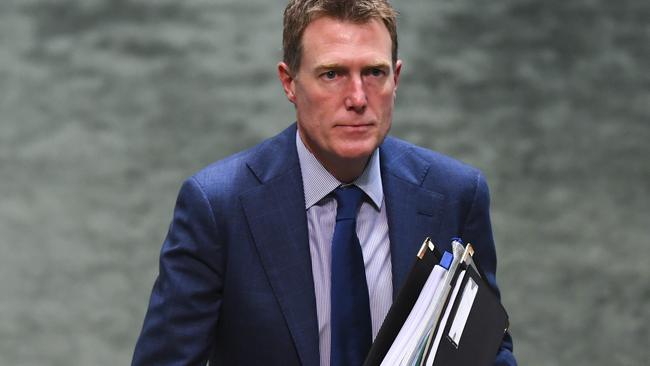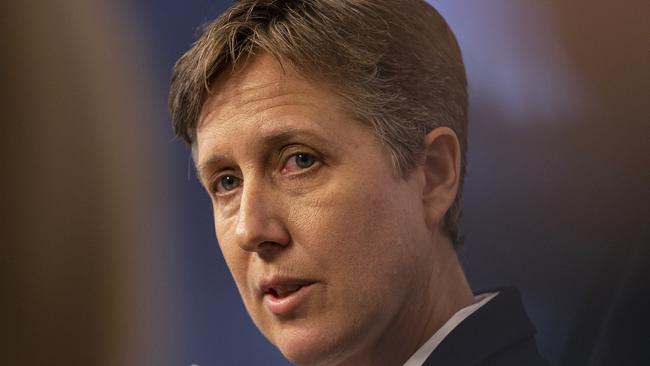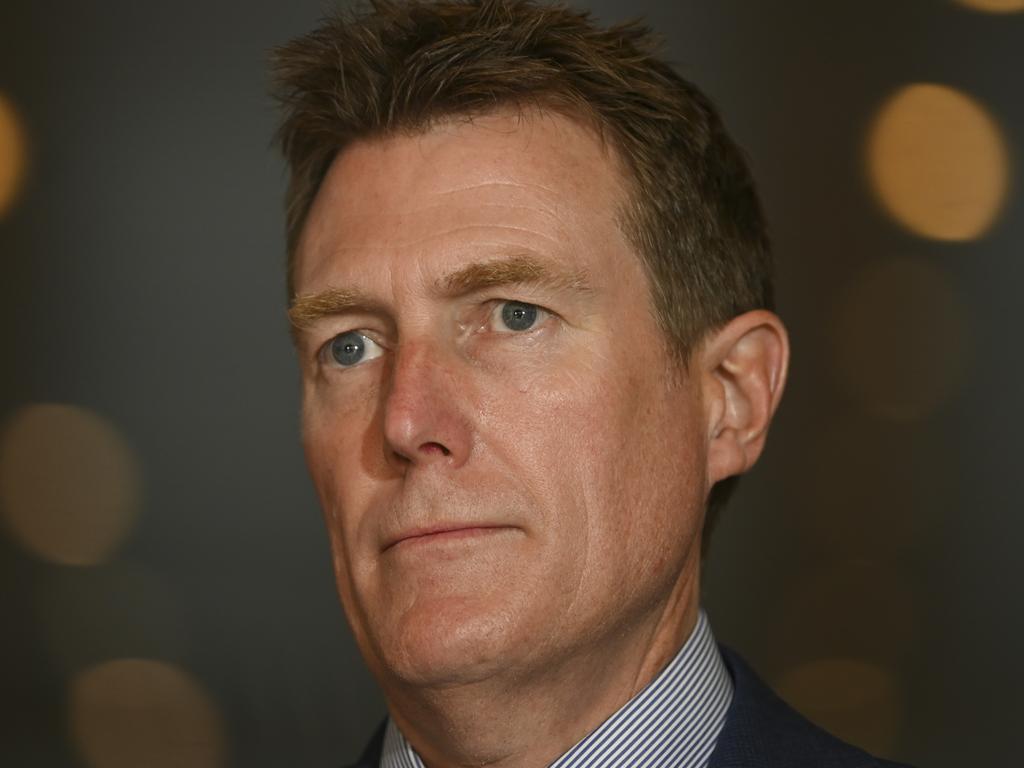Wage theft: Business backlash on penalties
Employers have opposed a government proposal to ban directors of underpaying companies from sitting on boards.

Employers have opposed a government proposal to ban directors of underpaying companies from sitting on boards and questioned the legality of permitting the Fair Work Commission to process small underpayment claims by workers.
Australian Industry Group chief executive Innes Willox said on Thursday there was no justification for changes to the current penalties that could be imposed on directors for workplace law breaches.
“In the current public debate about whether businesses have done enough to ensure compliance with Australia’s extremely complex workplace relations system, calm consideration is needed about any potential changes,” Mr Willox said.
READ MORE: Underpaying bosses face bans: Porter | Pay rip-offs swamp Fair Work Ombudsman | Beyond hopeless: Porter slams Woolworths | Woolies’ conduct ‘unacceptable’ |
He said directors of a company could be held liable for breaches of awards by a company under the accessorial liability provisions in section 550 of the Fair Work Act.
“There have been many cases where penalties have been imposed on directors,’’ he said. “There is no case for further change in this area at all.”
Declaring that “corporate Australia has been asleep at the wheel” when it came to ensuring workers were paid correctly, Attorney-General Christian Porter told The Australian the Coalition would consider empowering the Fair Work Ombudsman to pursue banning order applications against directors of underpaying companies.
Mr Porter also expressed support for an ACTU proposal allowing individual workers to go to the Fair Work Commission to have underpayment claims dealt with quickly and efficiently.
But Mr Willox said giving commission the power to deal with underpayments breached the separation of powers in the Australian Constitution as determined in the High Court’s Boilermakers Case in 1956.
“The High Court held that the predecessor tribunal to the Fair Work Commission could not exercise judicial powers because these powers can only be exercised by a relevant court,’’ he said. “The commission does not have the power to order employers to make back-payments and it cannot impose penalties. The relevant provisions in the Constitution have not changed since 1956.”

Ms McManus welcomed Mr Porter’s “acknowledgment that Australian workers need a fast and efficient way to recover unpaid wages and super".
"Right now it’s too expensive, too legalistic and too slow for workers to go through the legal system to recover what they are owed,'' she said.
“Making this work and ending widespread wage theft will need stronger rights for unions to access wage records to gather the evidence required in each case because that will significantly increase the likelihood of wage theft being uncovered and give workers the confidence to deal with the problem."

Mr Porter said on Thursday that “if you are a company director and you, on your watch, have overseen the very large underpayments of staff in your business, then I think there has to be some responsibility taken at the board level”.
Asked about his support for the ACTU proposal, he said “unions are a fundamental part of the architecture of the Australian industrial relations scheme, and in many instances they do fantastic work”.
“By the same token, you've got unions like the CFMEU who are out there breaking three to four industrial laws a week, and have been called by the courts the most recidivist corporate offender in Australia's history,’’ he said.





To join the conversation, please log in. Don't have an account? Register
Join the conversation, you are commenting as Logout